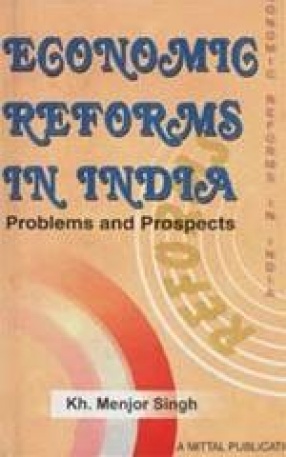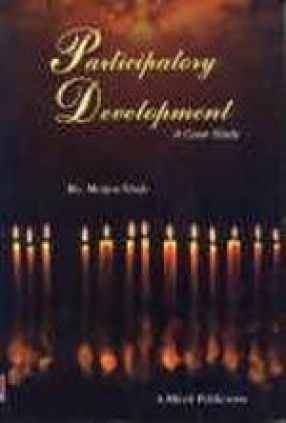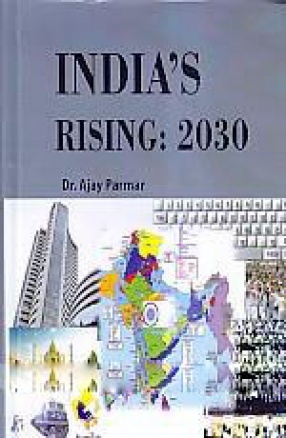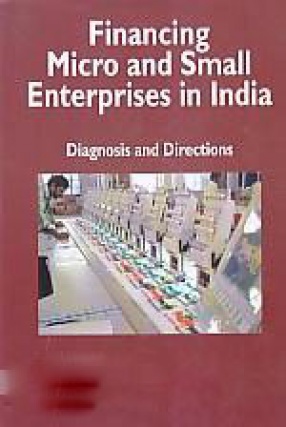The book World Trade Organisation and the Third World traces neatly the background against which the General Agreement on Tariffs & Trade (GATT) was formed with the objective of upholding free and fair trade at global level, up to the final Agreement arrived at under GATT. An overview is made about the results of the various rounds of trade talks/ negotiations concluded so far under the aegis of GATT, in particular, about the Uruguay Round- the last round, and its results. It also neatly discusses the various measures against unfair trade practices, contingency trade measures for improvement of global trade, and the agreements reached so far in both traditional and non-traditional trade areas/ sectors, and their implications for the countries in the Third World including India. It delves deeply into those areas/sectors and the negotiation reached on them, and explains why some powerful countries in the North gain and those less powerful ones in the South meet with losses. A striking feature of the book is that it embarks well upon the experiences of the developing and less developed countries in the Third World, and suggests as to how they would negotiate in the near future. A thorough discussion is also made on India’s experience, as a leading developing country, in the trade negotiations at GATT and WTO levels. A Major portion of the book is devoted to study and analysis of the organizational structure, powers and functions of WTO, and its relation with the UN and other economic groupings. It has been well proved in this book that the Ministerial Conferences at WTO level are all but uncertain and unpredictable; and as such, even though WTO is a successor to GATT, and is contemplated to do away with the inadequacies and imbalances experienced under Gatt regime, it still works at the dictates of the powerful majors like the US and the EU, there being left little elbowroom for the concerns of the poor countries in the Third World. The book thus unfolds the deficiencies and imbalances witnessed under the WTO system, and points to the critical choices to be made by the member nations of WTO in future negotiations.

World Trade Organization and the Third World
In stock
Free & Quick Delivery Worldwide
reviews
Bibliographic information
Title
World Trade Organization and the Third World
Author
Edition
1st ed.
Publisher
ISBN
818324081X
Length
xx+392p., References; Index; 23cm
Subjects






There are no reviews yet.